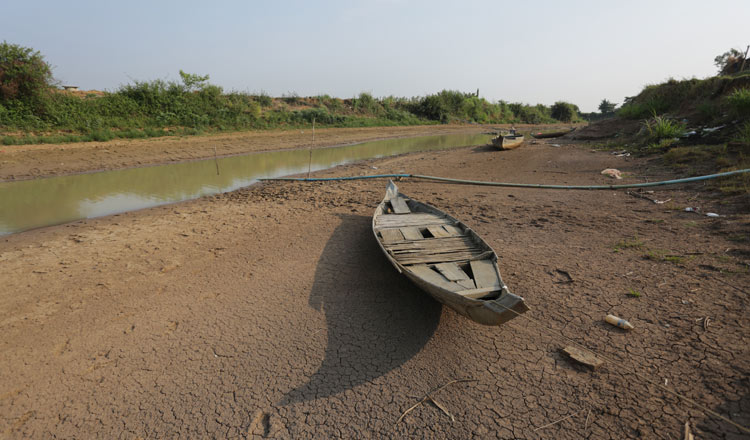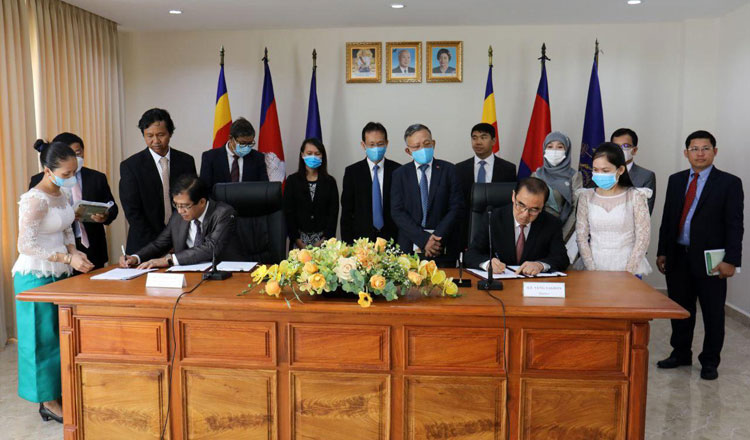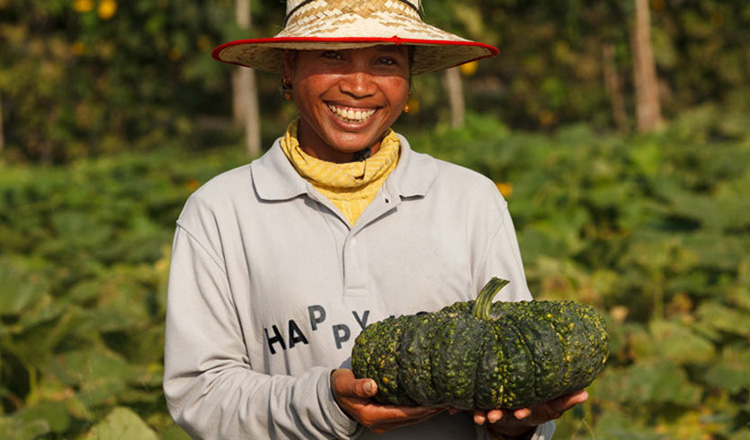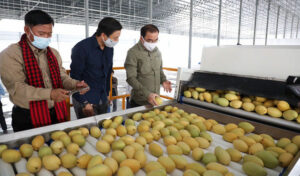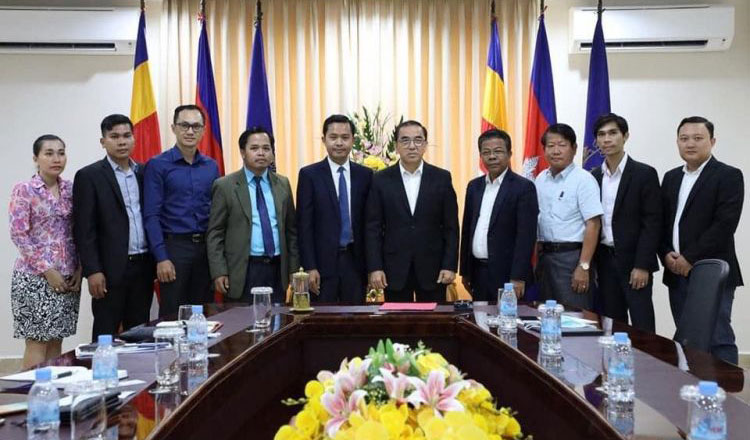50 x 2030 initiative launches data use grant competition
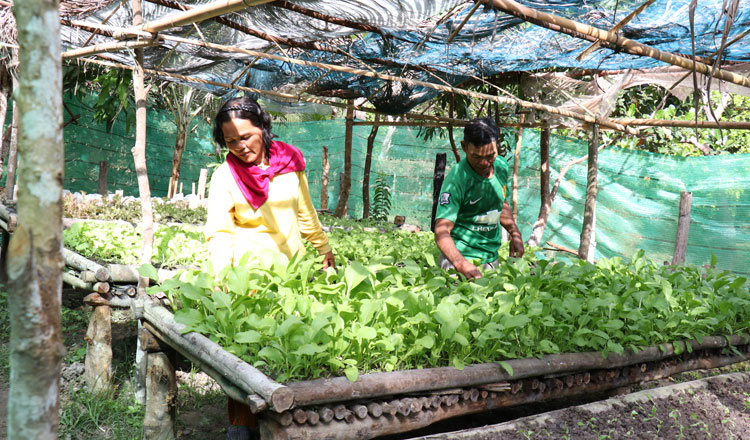 A small hold farmer planting crops. Data researched as part of the 50 x 2030 initiative will help provide evidence- based policy in agriculture that will benefit the Kingdom’s farmers. FAO
A small hold farmer planting crops. Data researched as part of the 50 x 2030 initiative will help provide evidence- based policy in agriculture that will benefit the Kingdom’s farmers. FAO
The 50×2030 Initiative is launching a data use grant competition for researchers in Cambodia. The initiative is a global partnership between the International Fund for Agricultural Development (IFAD), Food and Agriculture Organization (FAO) and the World Bank. The IFAD will lead the work on data use.
The initiative aims to support 50 low and lower-middle income countries in developing survey programmes that produce foundational agricultural and rural statistics to be used in decision making.
It seeks to transform country data systems across 50 nations in Africa, Asia, the Middle East and Latin America to make evidence-informed decision-making in agriculture the norm in those regions by 2030.
In February this year, the National Institute of Statistics (NIS) of the Ministry of Planning and the Ministry of Agriculture, Forestry, and Fisheries (MAFF) released Cambodia’s Inter-Censal Agricultural Survey (CIAS) 2019 report. This was the nation’s first comprehensive agricultural survey since 2013’s Cambodia Agriculture Census. Researchers will use the data collected to do analysis and generate information and recommendations.
In July 2020, Cambodia became the first country ready to develop its 50×2030 implementation plan, with all partners working closely with NIS and the MAFF to conduct the associated agriculture survey by mid-2021.
IFAD is sponsoring the grant competition for research projects using 50×2030 data – including the CIAS 2019 – to generate practical research that serves national policymaking, program (re)design and/or investment decisions. Winning proposals will receive grants between $1,000-$10,000 and be promoted via a virtual global conference in November 2021 that will be shared via global platforms.
Kaushik Barua, Country Director for Cambodia of IFAD, said that it is committed across its country program to evidence-based decision making. Smallholder agriculture is facing increasing pressure and uncertainty due to climate change, market volatility and inadequate access to credit on reasonable terms and ‘black swan’ events such as the pandemic.
“It is critical that we build on in-depth, real-time and comprehensive data to develop timely and relevant solutions to these problems. With these research grants, we hope Cambodian researchers, students and academics can contribute to these efforts and help achieve the objectives for the agriculture sector under Cambodia’s Vision 2030,” he added.
Hang Lina, director general of the National Institute of Statistics (NIS), encourages interested researchers from government and non-government organizations to lodge high quality research applications under the scheme.
According to Lina: “the real test of the usefulness of the survey work lies in the resulting interest in the analysis of the data, the information products generated and the contribution to evidence-based policy and decision making.”
She added that the Cambodian government is committed to supporting the modernisation of the agricultural sector, promoting diversification and profitability and livelihoods. “Achieving these aims depends on reliable and timely information to support decision-making, both for the public and the private sector. Focused research that uses data generated by the surveys is vital for accelerating development and achieving Cambodia’s sustainable development goals.”
Iean Russell, Policy Officer for the FAO-EU FIRST Programme sees the 50×2030 Initiative as providing valuable opportunities for furthering the careers of women in the field of agricultural research and development. He considers this very relevant for Cambodia, where there is great scope for increased representation of qualified women researchers in agriculture and related fields.
“For interested researchers on project sites in Preah Vihear and Rattanakiri provinces, where malnutrition is an ongoing problem, especially amongst poor rural families, the analysis will be used to guide project activities and for evidence to support food-based approaches to fighting malnutrition,” he added. Khmer Times


